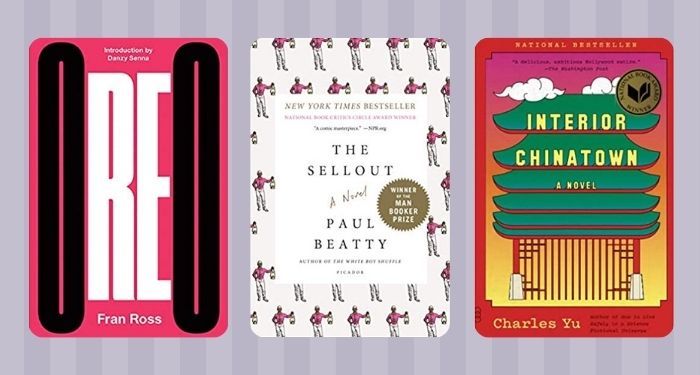
8 Great Satiric Novels
Satiric novels can be so many different things. They can be bitter and angry or gentle and warm. They can be cruel to their targets or fond of them, or somewhere in between. To be satire, a novel has to use humor, irony, and exaggeration to critique something or someone, but that leaves a lot of room for tonal variety.
And, of course, satiric novels can have so, so many different subjects. They can criticize politics, academia, a particular social class, or certain attitudes about race. They can critique widely known subcultures, such as sports, schools, political campaigns, or workplaces. Satiric novelists seem to have great fun critiquing writers and readers.
In spite of all their differences, I think it’s safe to say that satiric novels all excel at making readers think while they laugh and laugh while they think. Even if the laughter is more of a pained wince, satires are comedic in nature. They set out to surprise and delight with their insights into the absurdity of humans.
And they set out to make readers see the world in a new way. They expose hypocrisy, mendacity, and stupidity. They make us rethink our opinions, beliefs, and self-conceptions. Many satires also show great fondness for human nature, even as they points out its flaws.
Check out this list of eight great satiric novels and see what appeals to you. Prepare to question your beliefs and rethink your choices at the same time as you are wildly entertained!
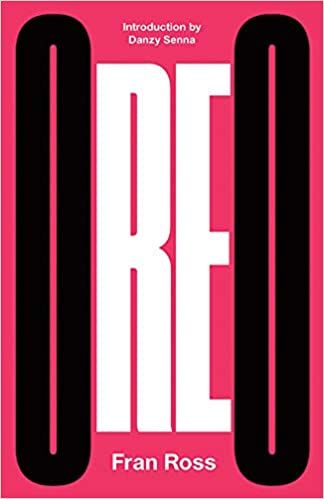
Oreo by Fran Ross
This 1974 novel is a funny, idiosyncratic send-up of conventional attitudes about race, identity, and relations between Black and Jewish people. Oreo is the child of a Black mother and a Jewish father. She sets off on a quest to find her father, who disappeared when she was a baby. The novel begins in Philadelphia and moves to New York City where Oreo’s adventures really take off. What’s most memorable is Ross’s linguistic exuberance: this is a book for people who love playfulness, bravado, and wicked humor. The book even has drawings and charts. It’s a very smart look at race, language, and culture.
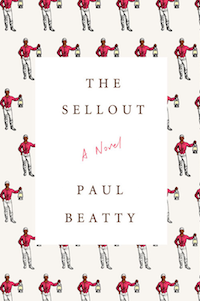
The Sellout by Paul Beatty
What stands out in my memory about this book is, first, the amazing sentences, and, second, the opening section where the main character appears before the Supreme Court. This was jaw-dropping and jaw-droppingly good. The story is complicated and involves the narrator’s relationship with his father who was killed in a police shoot-out and the fact that the narrator’s California town was removed from the map and he wants it back. His solution to this problem is…well, there’s a reason he has to appear before the Supreme Court. This book is wild in the best way, a hilarious, biting satire of America and American attitudes toward race.
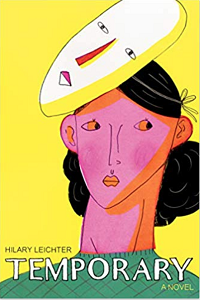
Temporary by Hilary Leichter
Temporary satirizes the modern-day world of work. The protagonist tries her best to fulfill her life’s dream of getting a permanent job. She’s worked in temporary jobs all her life, never losing hope that one day someone would take her on. These temp jobs are increasingly strange: she works as a pirate, an assassin’s assistant, and a fill-in for a Chairman of the Board. The world of Temporary isn’t quite ours — the people are stranger, the jobs more absurd, and ghosts really exist. But it says so much about identity, capitalism, and our contemporary working world, while remaining a highly entertaining read.
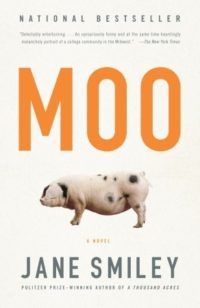
Moo by Jane Smiley
Moo is a fun entry in a notable subcategory within satiric fiction: the academic satire. Jane Smiley’s 1995 novel takes place in a large midwestern agricultural school known as “Moo University,” probably based on Iowa State. The novel features a large cast of characters, including students, faculty, staff, and administration. Smiley tells their stories with energy and humor. She also addresses many social issues, including environmentalism, capitalism, feminism, and more. It’s a large, sprawling, immersive novel that entertains you, makes you laugh, and makes you think.
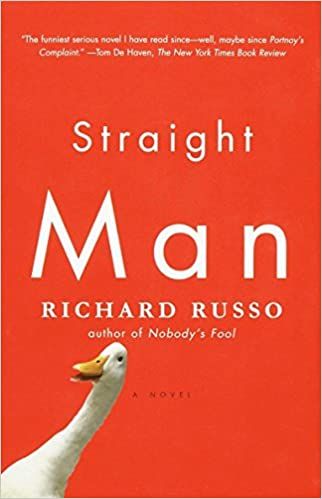
Straight Man by Richard Russo
The academic satire sub-genre is so fun, I can’t resist including another one. Straight Man is set at West Central Pennsylvania University and takes place over the course of a week. William Henry Devereaux, Jr. is the interim English Department chair who is proud to be bad at his job. He finds his department at risk because of looming budget cuts. In response, he stumbles on the idea of threatening to kill one of the campus geese until the budget problems are resolved. The story is ridiculous, very funny, and surprisingly charming and warm.
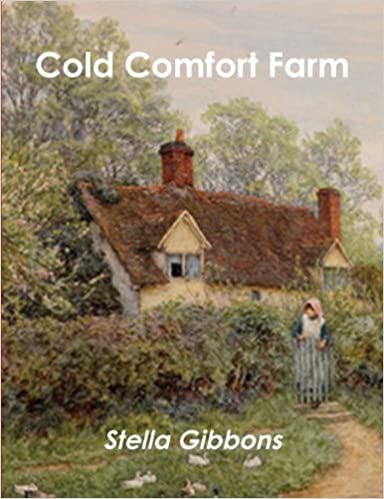
Cold Comfort Farm by Stella Gibbons
This 1932 novel is a send-up of British rural life and the literature of its time. Flora Poste, age 20, has lost her parents, so she moves in with relatives at Cold Comfort Farm in the town of Howling, Sussex. Her aunt and cousins are all odd in their own ways and the farm is kind of a mess. Flora is a modern city girl and trusts that her logic and sophistication are exactly what these people need. Cold Comfort Farm combines comedy with warmth, telling a story full of eccentric characters and lively details.
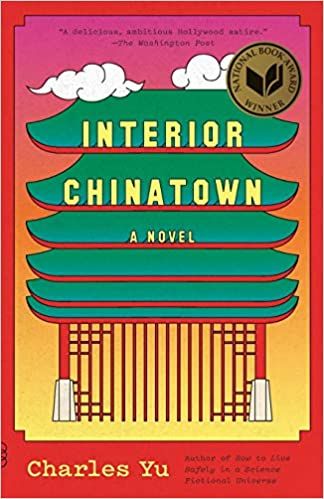
Interior Chinatown by Charles Yu
Interior Chinatown satirizes Hollywood, pop culture, and racial stereotypes. Willis Wu plays the role of “Generic Asian Man” but aspires to be “Kung Fu Guy.” To be a generic hero — to break out of stereotyped roles — seems way beyond reach. Charles Yu uses both the format of a screenplay and the second person point of view, making this an unusual reading experience. The novel experiments, but it also immerses readers in the world of Chinatown and in the world of aspiring actors. It brilliantly combines emotional warmth and sharp cultural critique.

Northanger Abbey by Jane Austen
Finally, why not go all the way back to Austen? Northanger Abbey is a wonderfully entertaining novel as well as a satire of gothic literature and those dangerously obsessed with it. Catherine Morland falls in love with Henry Tilney and visits his family estate, Northanger Abbey. Rather than seeing the Abbey for what it is, Catherine is convinced the place harbors mysterious secrets. That’s what always happens in gothic novels after all, right? The novel gently mocks naive readers while also telling a charming coming-of-age story.
Next time you want a book that will make you both laugh and think, give one of these satiric novels a try!
Are you looking for more humor in your reading? Check out this list of 100 must-read funny novels. Or think about the possible decline of satire with this article about satire and modern readers.











